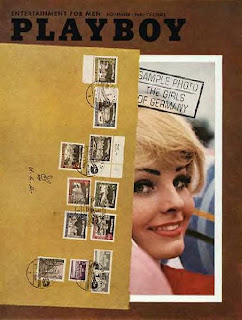 While the growing counterfeit-wine scandal (see previous posts, below) has the world's billionaires nervously re-authenticating the contents of their palatial wine-cellars, the normally non-reflexive wine press takes a few tentative steps towards some nominal self-examination.
While the growing counterfeit-wine scandal (see previous posts, below) has the world's billionaires nervously re-authenticating the contents of their palatial wine-cellars, the normally non-reflexive wine press takes a few tentative steps towards some nominal self-examination.Eric Asimov in the NY Times gives some background as to why fraud is sometimes difficult to detect, while Beppi Crosariol in the Globe talks about why this kind of thing would never, ever happen in Canada.
Still, the greatest entertainment value (and have no doubt about it, for those of us who aren't billionaires, this story is strictly entertainment) nothing yet tops the portrait of the suit's defendant, Hardy Rodenstock, who for a couple of decades had the titans of the wine press eating (drinking?) out of his hand. Cynthia Cotts in Bloomberg and Gilles Whittell of the Times Online have done some nice spadework uncovering some of the story's more lurid twists: a family's Nazi past, a wife from the above-illustrated Playboy Magazine's November 1964's "The Girls of Germany" (and film actress: 1969's Das Go-Go-Girl Von Blow-Up is a happy reference point) together with the current stony silence emanating from the Parkers, Broadbents and Johnsons who were taken in by the accused charlatan's lavish partying. (Parker's 100-point review of a 1921 magnum of Chateau Petrus at a Rodenstock blow-out has proven particularly embarrassing, given that Petrus wasn't bottled in Magnums before World War 2.) A useful eyewitness account of that party, from a wine-trade king-maker who claims not to have been fooled, can be found in Jancis Robinson's latest column for the Financial Times.




No comments:
Post a Comment